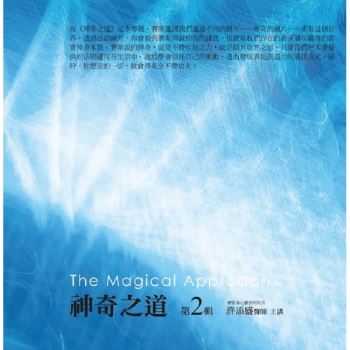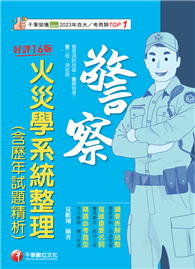This book uses an intersectional lens to explore the lived experiences of sexually traumatized girls in school. It provides a deep understanding of the students’ experiences, viewed through the prism of their multiple identities. The author employs a qualitative phenomenological study to investigate the psychological, social, and academic impacts of such trauma.
The book’s core strength lies in its exploration of the intersectionality between identity and sexual trauma. It does this by examining the impacts of historical trauma, through the lens of four major historical events: transatlantic slavery, the Holocaust, World War II, and the COVID-19 pandemic. This research highlights potential mental health, social and academic outcomes prevalent in historically marginalized groups, which is then connected to a broader understanding of intersectionality and trauma. It underscores the urgent need for educators and school leaders to understand this phenomenon in order to be effective in their roles. The book also emphasizes the importance of addressing trauma in educational settings, considering the intersectionality of identity, trauma, and educational experience. The book also proposes an additional identity marker to support Crenshaw’s theory of intersectionality: female sexual trauma survivor.
This book is a valuable resource for scholars, educators, educational leaders, post-graduate students and policymakers. It offers research-based theoretical approaches to addressing trauma and intersectionality in educational contexts. It is a must-read for those seeking to broaden their understanding of these complex issues and their impact on educational experiences for female sexual trauma survivors.

 看圖書介紹
看圖書介紹







